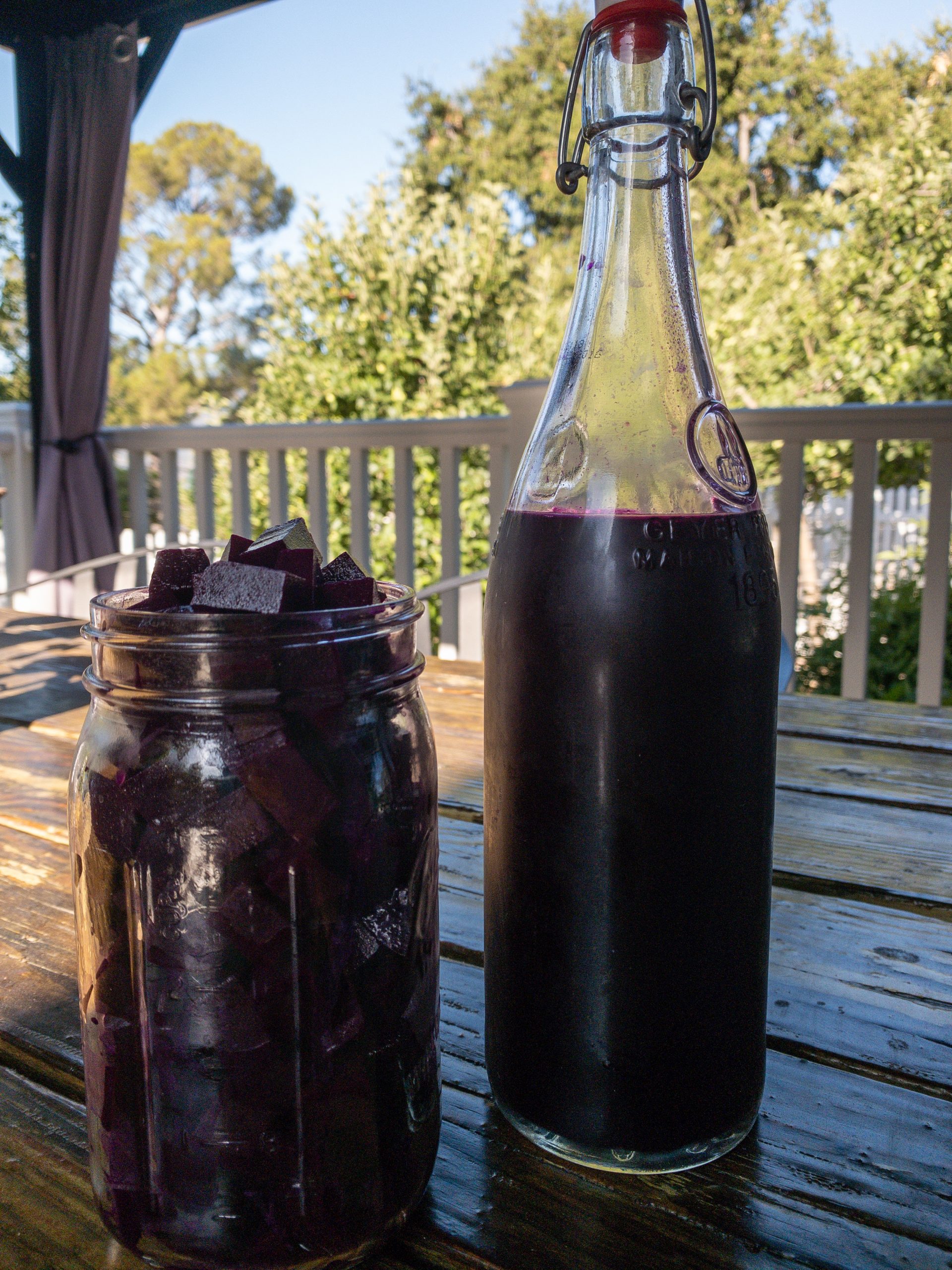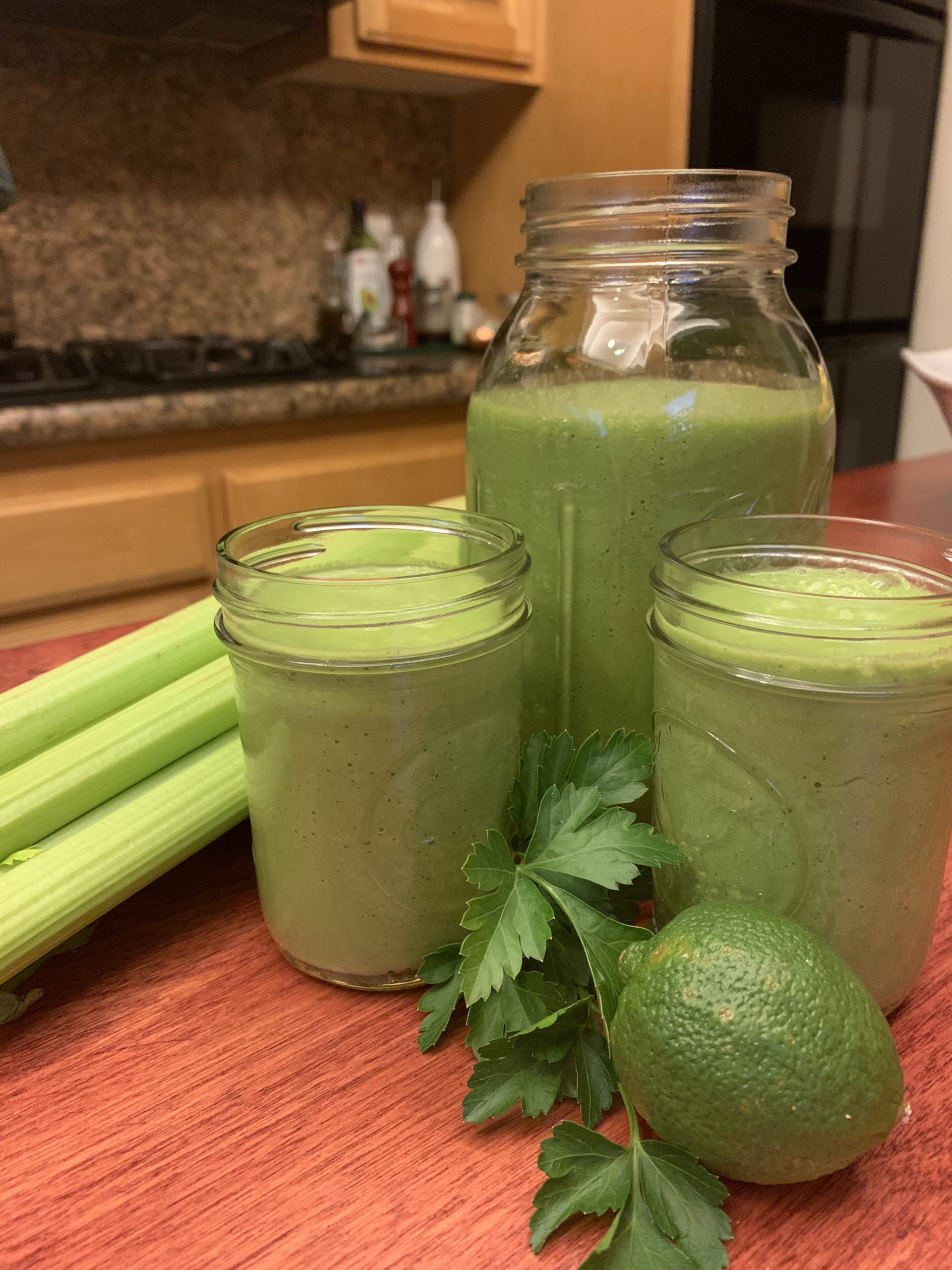I’m sure you’ve heard the phrase, you get what you pay for. I don’t think there is any truer statement than when it is applied to food. The industrial food system with its science created ingredients and cheap fillers has definitely brought the price of food down, but at what cost? I’ll tell you. It’s costing American’s their health. With diabetes, heart disease, high blood pressure, and cancer on the rise some people are asking what can be done differently.

So much!
First, we need to change our perspective. Real food costs more. By real, I mean food that is not filled with all sorts of commodity crops and chemicals. Real food simply costs more to produce. Reducing the number of processed foods that you eat and incorporating more fruits and vegetables helps bring down the cost.
Second, organic matters for so many reasons! Organically grown ingredients are not grown with chemicals, are not genetically modified, and are grown with sustainability in mind. If you’re trying to reduce your toxin exposure eating organically is an important step. That being said, there are A LOT of farmers who can’t afford to become organically certified, but they are committed to growing without pesticides. You’ll learn so much just by talking to your farmers. I love knowing my farmers!
Third, farmers and farm workers are so important to the health and quality of our food and to our communities. They need to be paid fair wages and given good health coverage and insurance. We have become so disconnected with our food that its impossible for us to see the people who actually grew it and that is a huge problem. Higher wages, health coverage, and insurance will add to the cost of our food, but it’s worth it, because people matter!
Friends, I could go on for days, but what I really want you to understand is that food freshly grown and picked simply tastes better and it’s better for you. So, how do you eat delicious and healthy food on a budget? The two simplest ways are to eat locally and eat seasonally.

“Eating Locally” is sort of a buzzword these days in the food movement, giving us such terms as “locavore”–someone who eats only what is produced locally. It just makes good sense–for our health, for our wallets, and for the earth.
Food eaten locally is better for our health in a number of ways. If you can eat it sooner to the time it is picked it will have more of its nutrients in tact. Food that has to travel farther has to be picked when it’s pre-ripe. That doesn’t lend to taste or nutrition. Also, food that is eaten closer to where it is produced needs less preservatives to keep it safe and pretty. Then there’s things like honey that when eaten locally can boost your immune system!
Food eaten locally is also better for your wallet. If your food doesn’t have to be shipped from the other side of the globe there is a lower food cost. This can be seen at the Farmer’s Market. I love knowing my farmers. They are proud of what they are growing and they’ll happily talk about how they do it. You can often find great deals on produce making it much cheaper than what you could have picked up at the grocery store that was likely grown in South America or Asia.
And finally, of course, it’s better for the earth. The globalization of the food supply adds to air pollution, the ecological costs of a food monoculture, and the loss of family farms.

Hand-in-hand with eating local is to eat seasonal. As a culture we’ve really become accustomed to getting what we want when we want it. We can get tomatoes in January while there are piles of snow on the ground! We can get cabbage in the middle of summer when it’s too hot to grow it! We get lamb when it’s not lambing season and salmon when there can’t possibly be enough to produce meat that time of year. This adds to our food costs! And substantially! There’s a price to pay for convenience. If we begin, however, to watch the seasons and eat what is naturally and more easily grown in the season we are in, we can save quite a bit of money. Save those fresh tomato and cucumber salads for July when tomatoes and cucumbers easily multiply. Eat what is IN SEASON.
 Seasons & Reasons for Fasting
Seasons & Reasons for Fasting Daja’s Story: Healing From Crohn’s
Daja’s Story: Healing From Crohn’s DILUTION IS THE SOLUTION
DILUTION IS THE SOLUTION Romesco with Roasted Cauliflower & Fennel
Romesco with Roasted Cauliflower & Fennel

